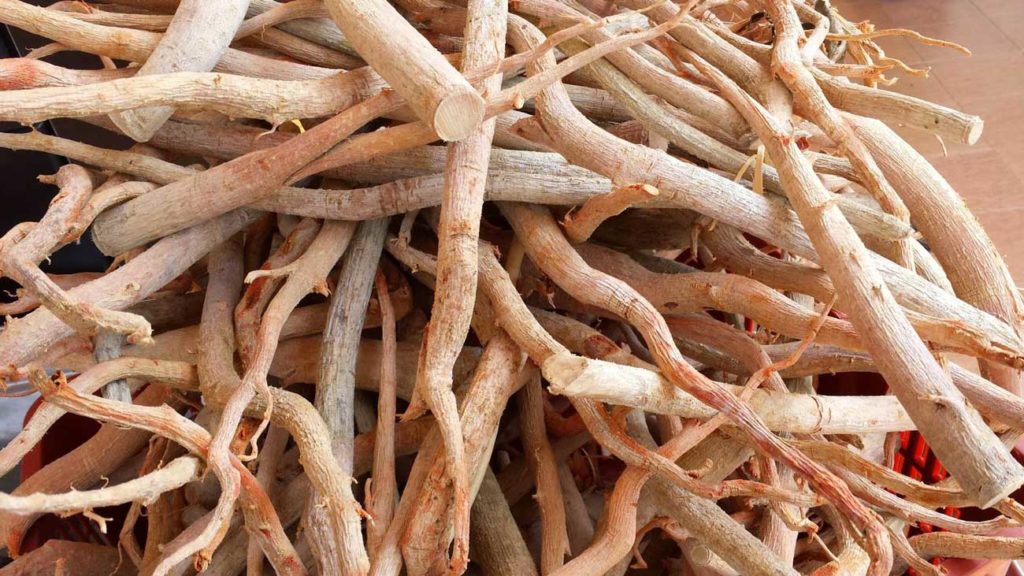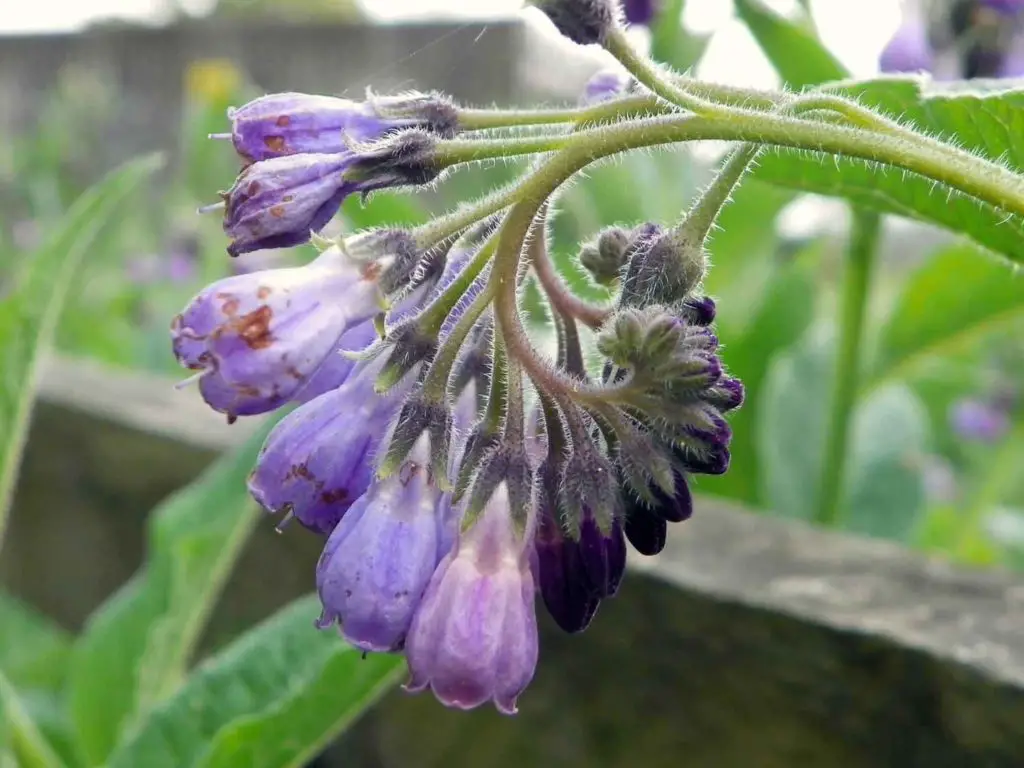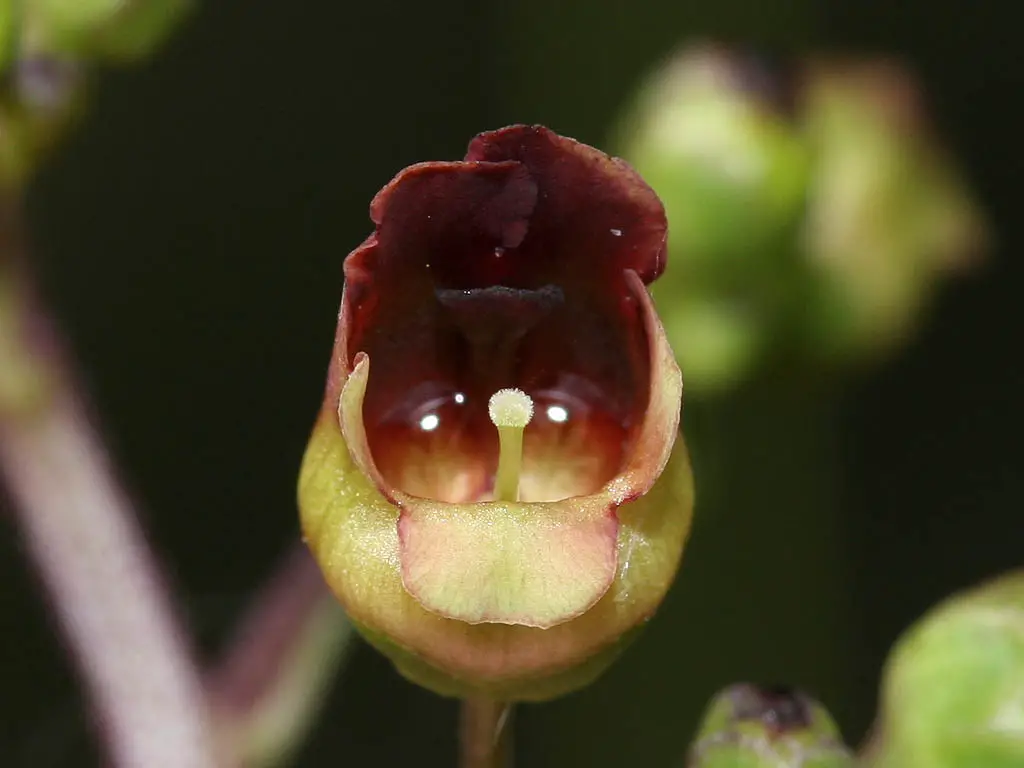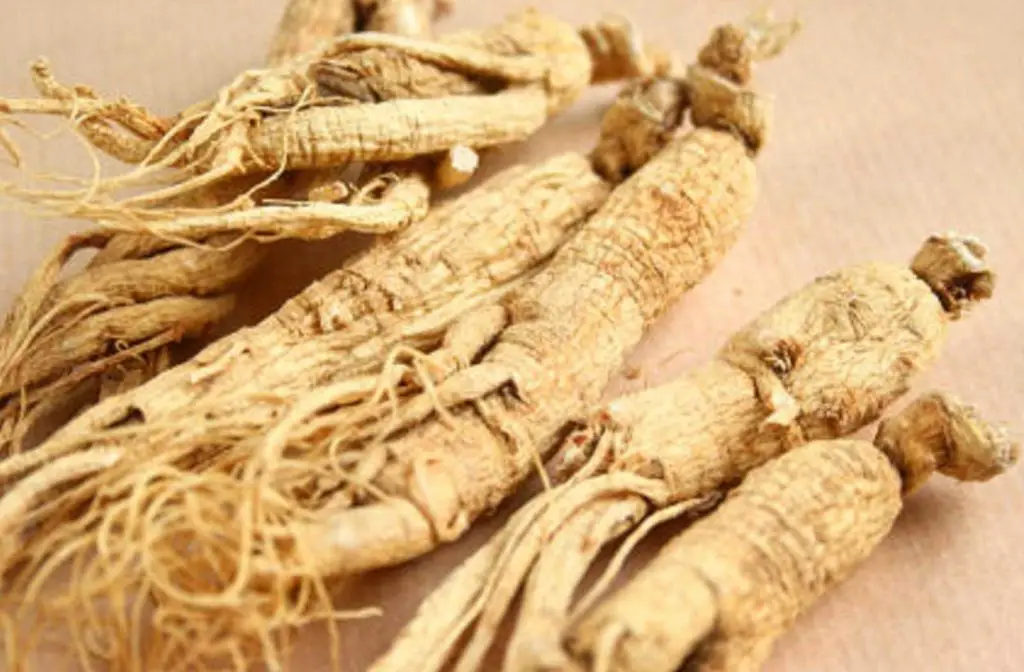What is Tongkat Ali?
Tongkat Ali, commonly known as Eurycoma Longifolia, Malaysian Ginseng, Pasak Bumi and occasionally Longjack, is a tree native to areas of Southeast Asia, such as Malaysia, Thailand, Myanmar, Cambodia, and Laos. It is not related to true Panax Ginseng, and differs in its medicinal properties. Many parts of Tongkat Ali, specifically the roots and bark, have traditionally been used in Asia as a postpartum treatment; to cure worms and malarial parasites; to bring down fevers, and to heal wounds and ulcers. However, it was also used as an aphrodisiac, which is its most well-known and popular usage today.
The Malaysian government is making efforts to research the health benefits of Tongkat Ali, especially as it is becoming endangered due to its popularity as a treatment for low libido and erectile dysfunction. Tongkat Ali does not bloom readily and thus populations do not grow easily in the wild, although in virgin forests, the tree can grow as tall as the forest canopy. Sometimes the chemical composition of Tongkat Ali will vary depending on where it has been grown.
Tongkat Ali Benefits and Uses
Tongkat Ali’s potential for sexual enhancement and other benefits have been well-documented, although additional human studies are necessary to better understand its effects and mechanisms. Tongkat Ali contains quassinoids, such as eurycomanone and eurycomanol, which give the plant its extremely bitter taste and at the same time offer many health benefits, including the following:
Did you know? Tongkat Ali is one of the most popular Libido enhancers as well as Testosterone regulators? Get it => https://t.co/2LWGlNKT1A
— MedicinalHerbals (@MedicinalHerbal) February 28, 2017
Enhancing Sex Drive
In a human study, 300mg of a Tongkat Ali water extract given to men for 6-12 weeks resulted in a self-reported increase of approximately 10% in libido. A study using “sexually sluggish” male rats reported a decrease of 24% in post-ejaculatory latency, and an increase of 45% in ejaculatory latency after six days of treatment with 500mg/kg of Tongkat Ali. Mounting frequency also increased over six days of treatment, however most of these effects did not increase by extending the study period to 12 days. Another study gave sexually inexperienced or castrated rats (to mimic low testosterone levels) 200, 400, and 800mg/kg of Tongkat Ali per day for 10 days, in a variety of different extracts. This study found increased sexual behavior and erections at all dosage levels.
Regulating Testosterone Levels
One trial using older, castrated mice studied the results of an injection of 8mg/kg of testosterone replacement therapy, versus a combined dose of 4 mg/kg of testosterone and 15 mg/kg of Tongkat Ali. The study found that the two treatments provided similar benefits, suggesting Tongkat Ali can regulate testosterone levels. This can help men with symptoms and diseases caused by low testosterone (such as osteoporosis), but there have been no studies conducted to date using subjects with normal testosterone levels. These findings have only been proven effective for individuals with low testosterone.
Muscle Growth and Bodybuilding
A pilot study of 14 men completing circuit training every other day and taking Tongkat Ali showed an increase in lean body mass over a period of five weeks. The men who took 100mg of Tongkat Ali experienced a 4% increase in lean body mass and gained “significantly more strength” than those in the control group. However, Tongkat Ali did not appear to affect the rate of fat loss.
Reducing Stress
63 individuals who self-identified themselves as “moderately stressed” were recruited for a study in which they were given a standardized Tongkat Ali extract, or a placebo for four weeks. Over the treatment period, less anger, tension, and confusion was reported by those taking Tongkat Ali. Additionally, salivary cortisol levels were reduced by 16% and salivary testosterone levels were increased by 37%. Tongkat Ali’s anti-anxiety effects were also demonstrated in a study, which tested mice through a variety of behavioural tests. This could potentially help those suffering from psychogenic erectile dysfunction.
Anti-Estrogenic and Anti-Cancer Effects
Tongkat Ali has been observed to inhibit the growth of MCF-7 breast cancer cells, which are estrogen-receptive, in vitro.
Reportedly, all human studies of Tongkat Ali have been conducted using the same water extract, patented jointly by the Government of Malaysia and the Massachusetts Institute of Technology (MIT). Additionally, Health Canada has approved one manufacturer’s Tongkat Ali supplement, stating the herb “support[s] healthy sexual interest” and testosterone production, and is a source of antioxidants.
Tongkat Ali Side Effects and Safety
There are no confirmed human side effects from normal doses of Tongkat Ali, but it has proven to be toxic and fatal to mice at high doses. A more common concern when taking Tongkat Ali is the possibility that supplements have been infused with pharmaceutical drugs such as sildenafil (Viagra), vardenafil (Levitra), or one of their analogues. The FDA has put out a consumer warning against a number of “herbal” erectile dysfunction pills that actually contain pharmaceuticals as unlisted ingredients. Additionally, at least one Tongkat Ali supplement produced in Malaysia was found to be contaminated with lead.
Besides the above concerns, Tongkat Ali should not be taken by those who use propranolol, a hypertension treatment, because Tongkat Ali can reduce its effects. As with many other herbal supplements, it should be avoided by pregnant and breastfeeding women because no safety testing has been done in these populations.
Tongkat Ali Dosage and Method of Consumption
Traditionally, Tongkat Ali was taken as a decoction of the roots or bark. Today, most mass-market supplements come in pill or capsule format, and finding the whole root is more difficult. Some products on the Asian market claim to include Tongkat Ali in tea or coffee.
A standard dosage in humans is anywhere from 50-300mg of a 100:1 extract, which equates to the amount of active compounds in 5-30g of the dried root. It is usually divided into one or two doses per day. However, one two-month study following 20 men taking the relatively high dosage of 600mg did not find any toxic effects on liver or kidney function, or changes to blood profiles. Still, Tongkat Ali is not meant to be taken as a long-term or chronic supplement. The dosages listed above have not been clinically confirmed as safe.
Choosing the Best Tongkat Ali Extract
Unfortunately, not all Tongkat Ali supplements are created alike, and some can be either useless or contain unlisted ingredients such as Viagra, as discussed above. Generally, Tongkat Ali is a very bitter herb because of its quassinoid content, so if the supplement you are taking does not have any taste, it may be mostly filler. However, some dealers who are aware of this will add bittering agents to their pills to mimic the taste of real Tongkat Ali. In some supplements, tongkat ali is combined with another herb, Fadogia Agrestis to help boost its effects.
To make sure you are getting a product that is safe to consume, and that actually contains the real herb, it is a good idea to research government websites. The FDA has a list of fake herbal male enhancement pills to avoid, and Health Canada has specifically recommended one manufacturer’s supplements as safe and effective.
References:
http://onlinelibrary.wiley.com/doi/10.1002/ptr.5017/full
http://www.complementarytherapiesinmedicine.com/article/S0965-2299(15)00122-3/abstract
http://www.ncbi.nlm.nih.gov/pmc/articles/PMC3669033/






